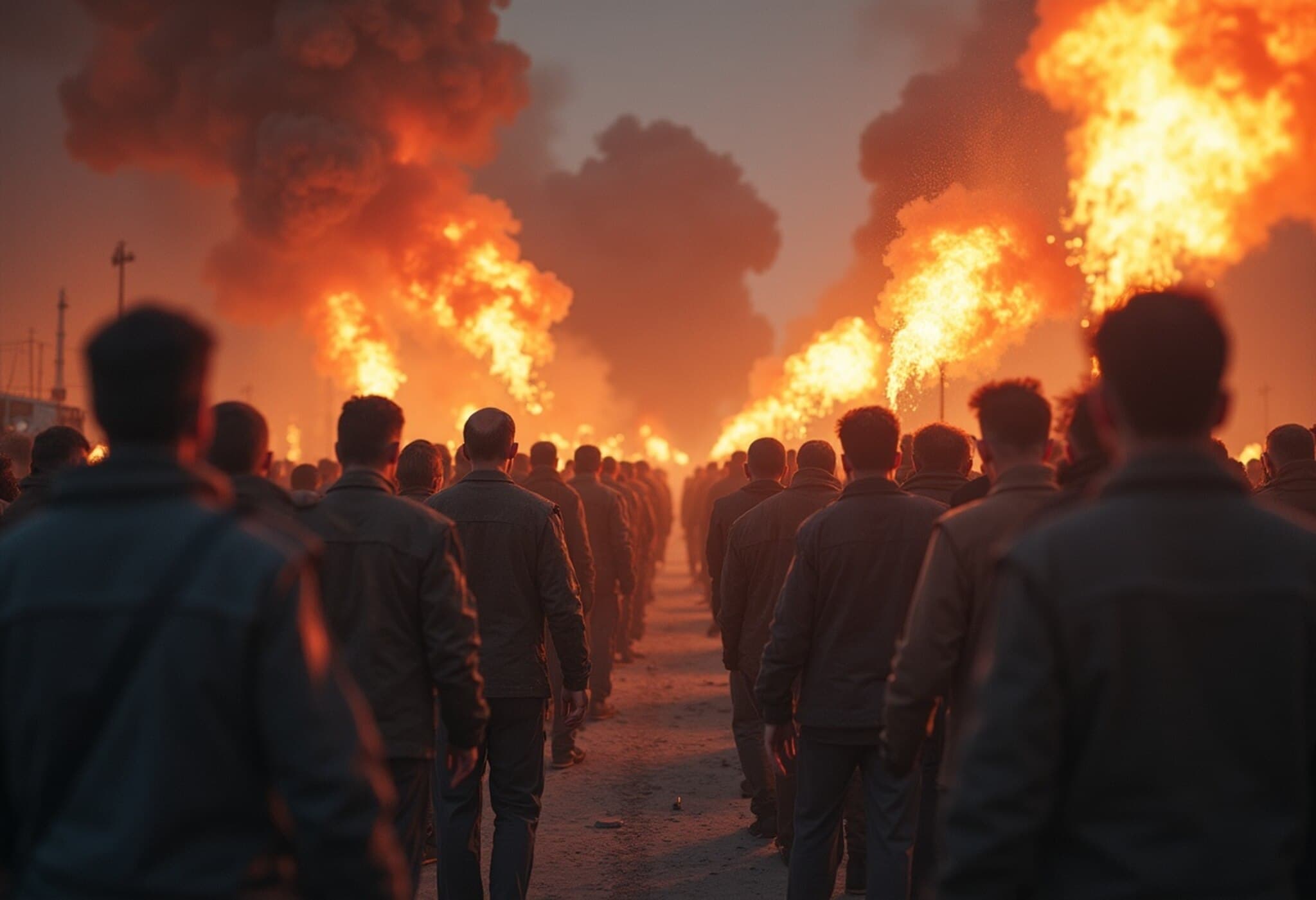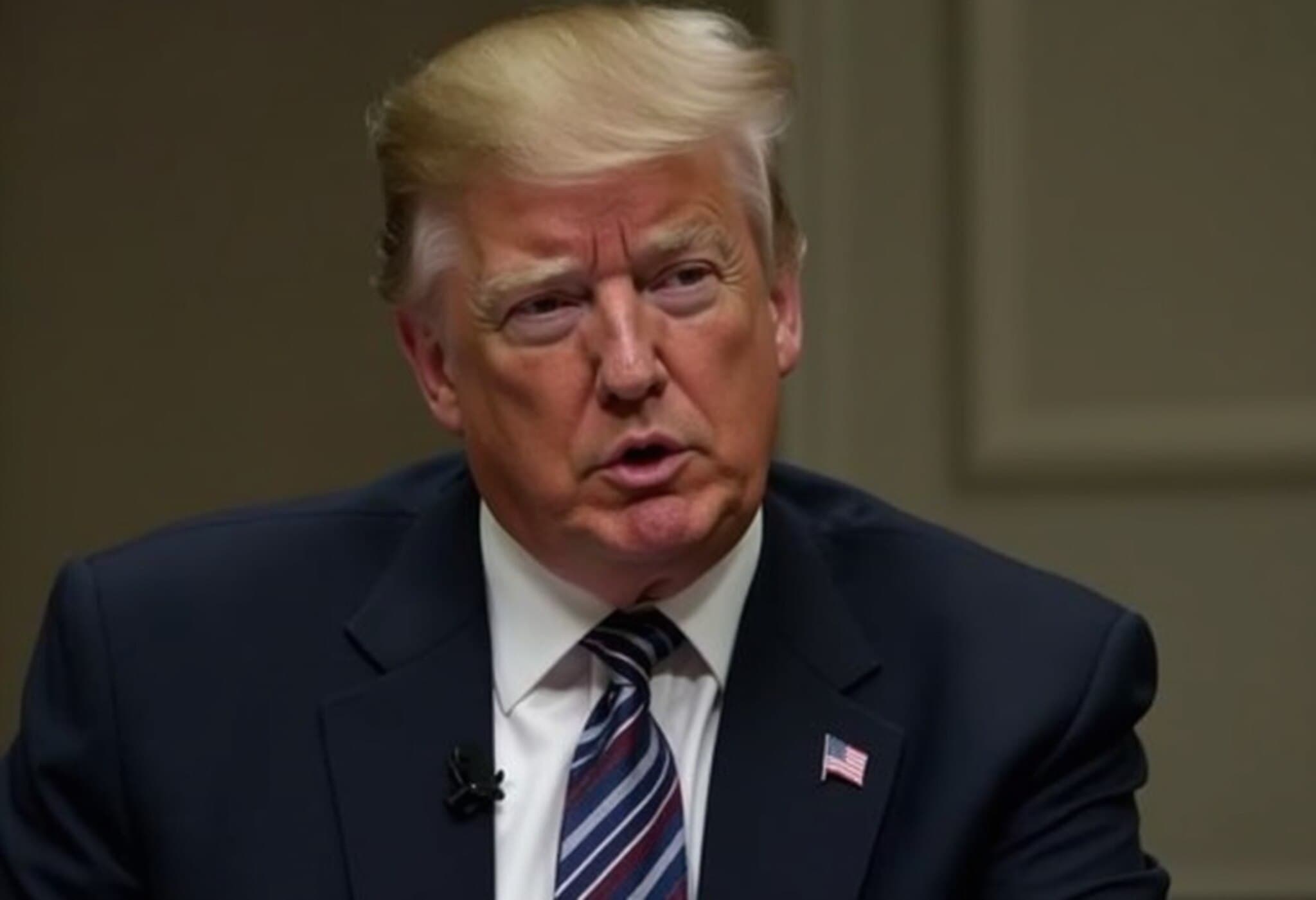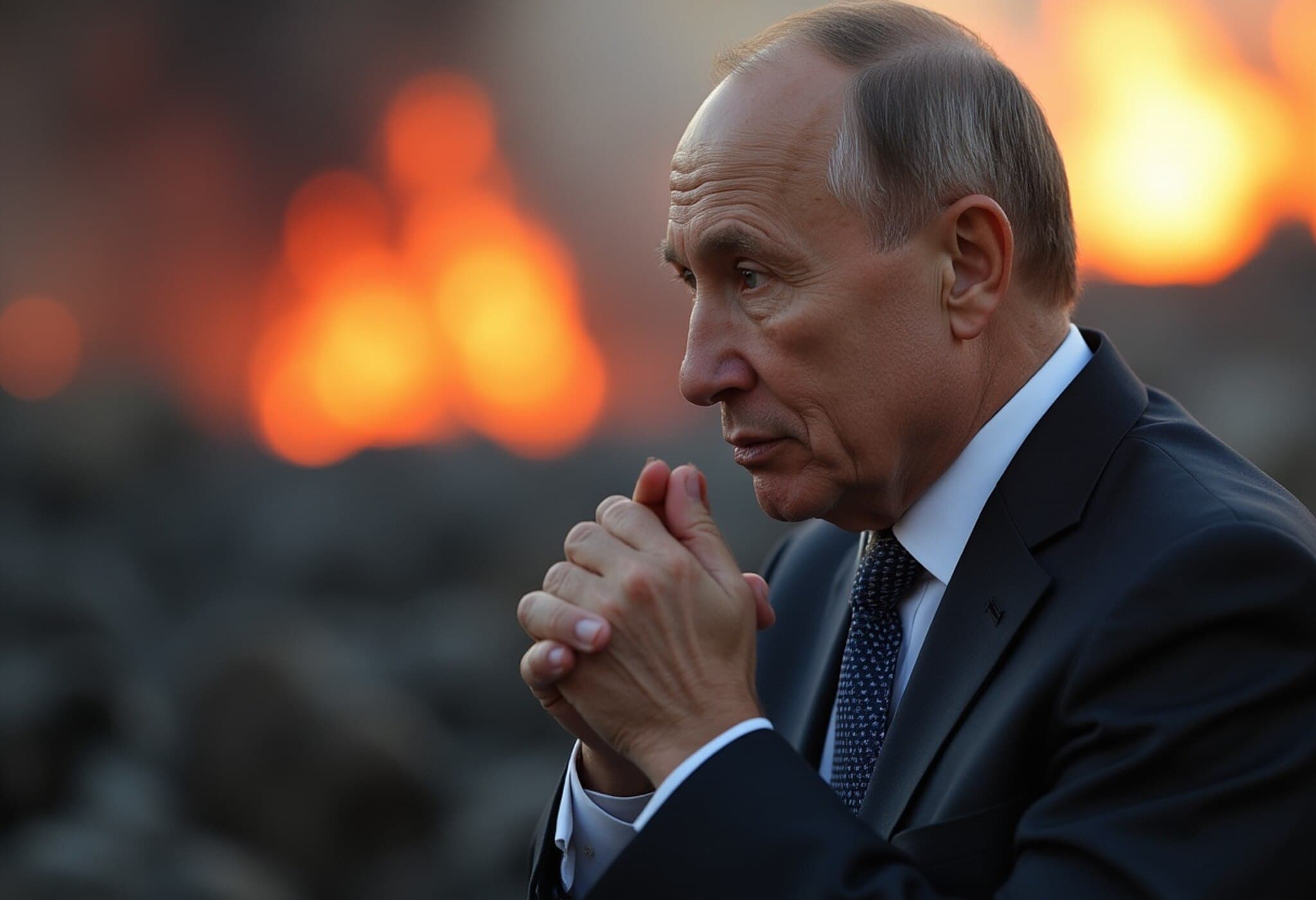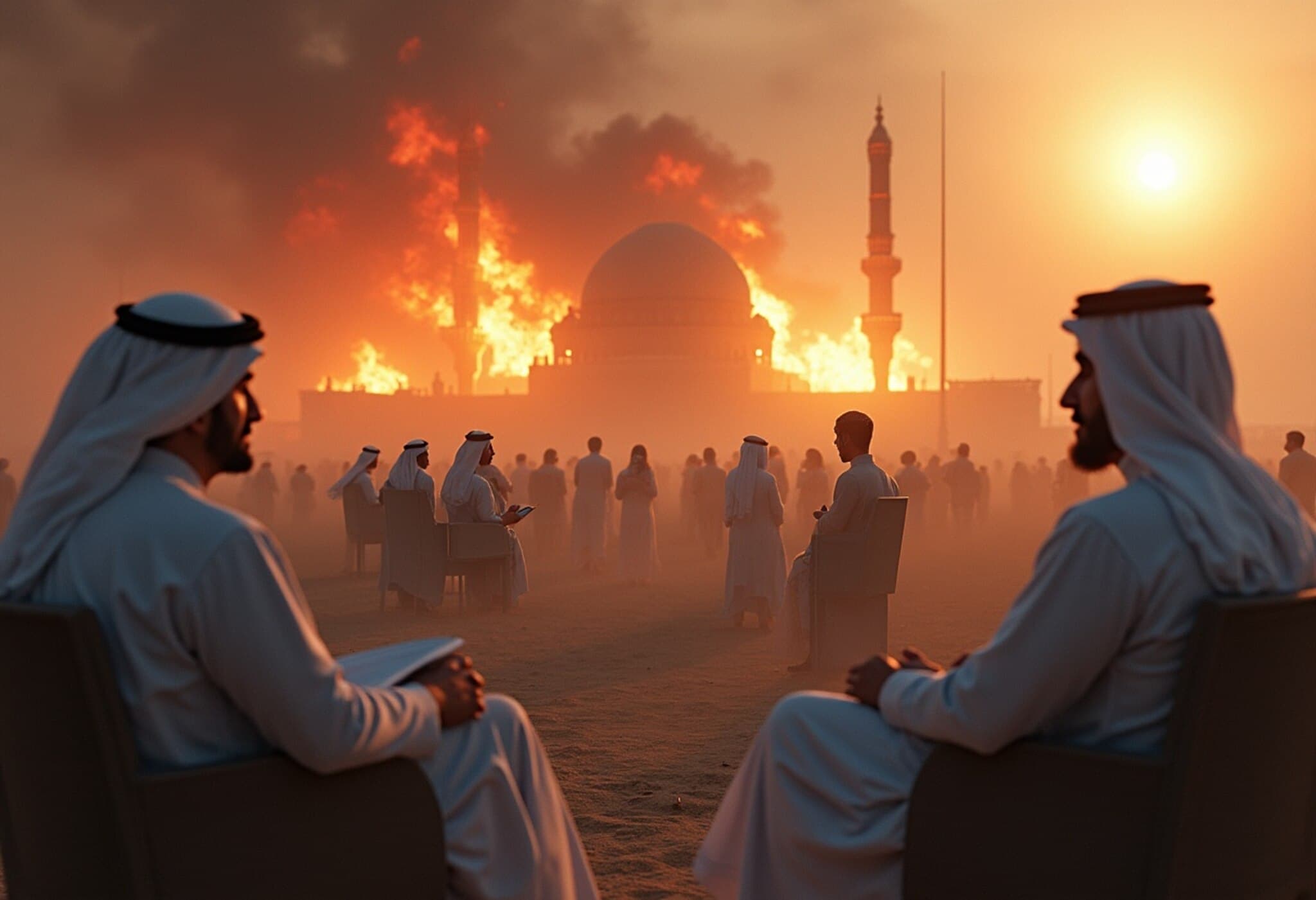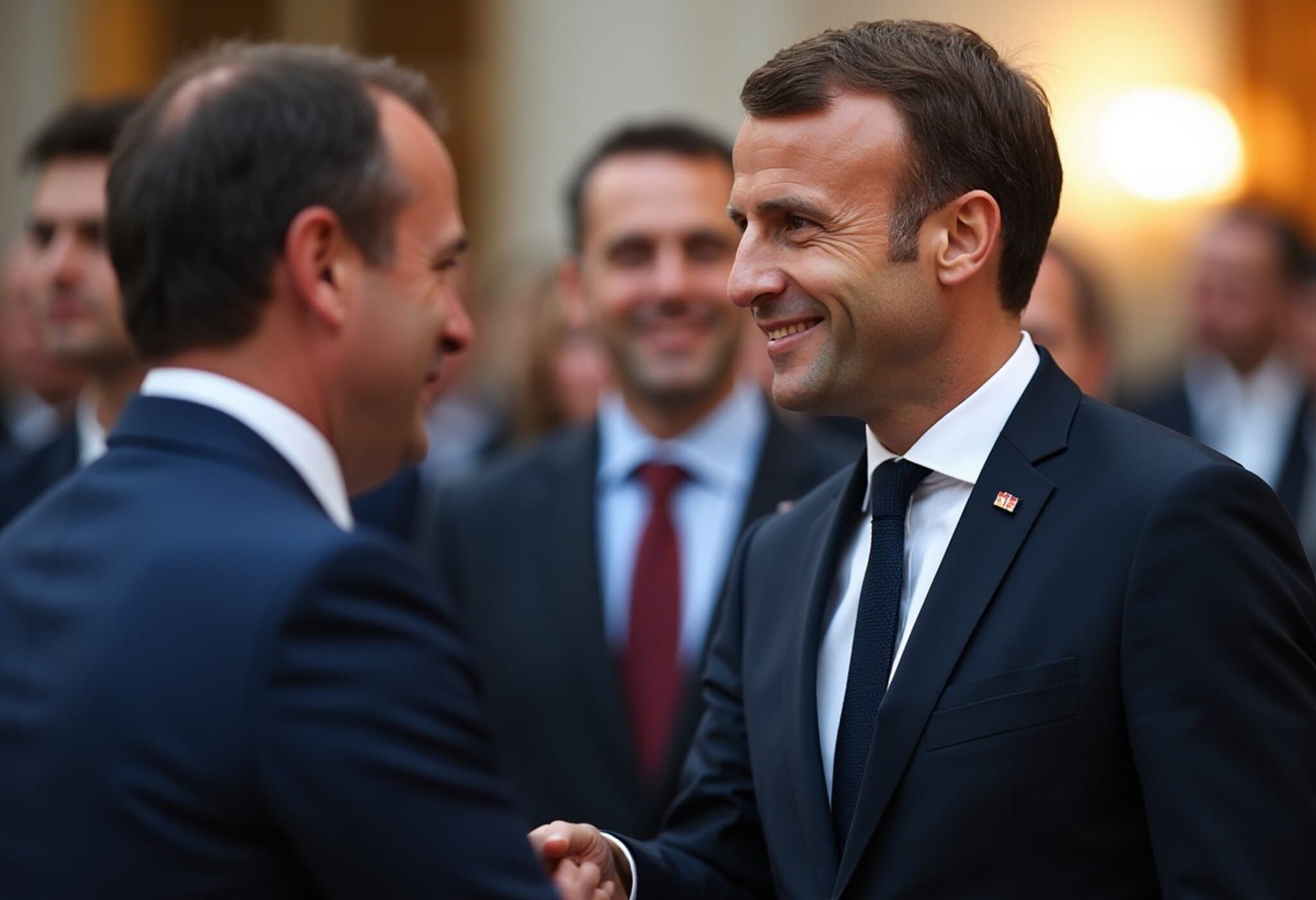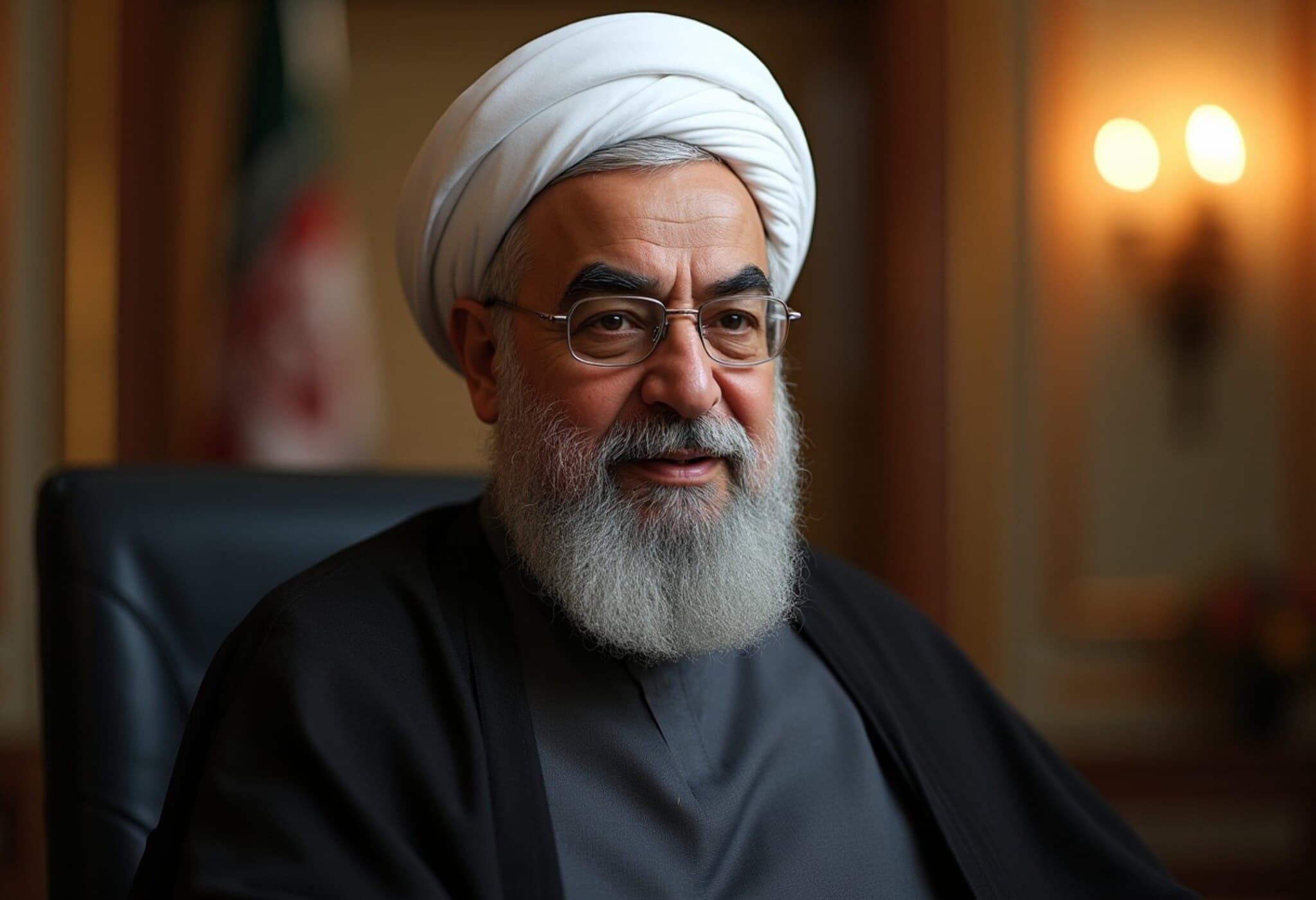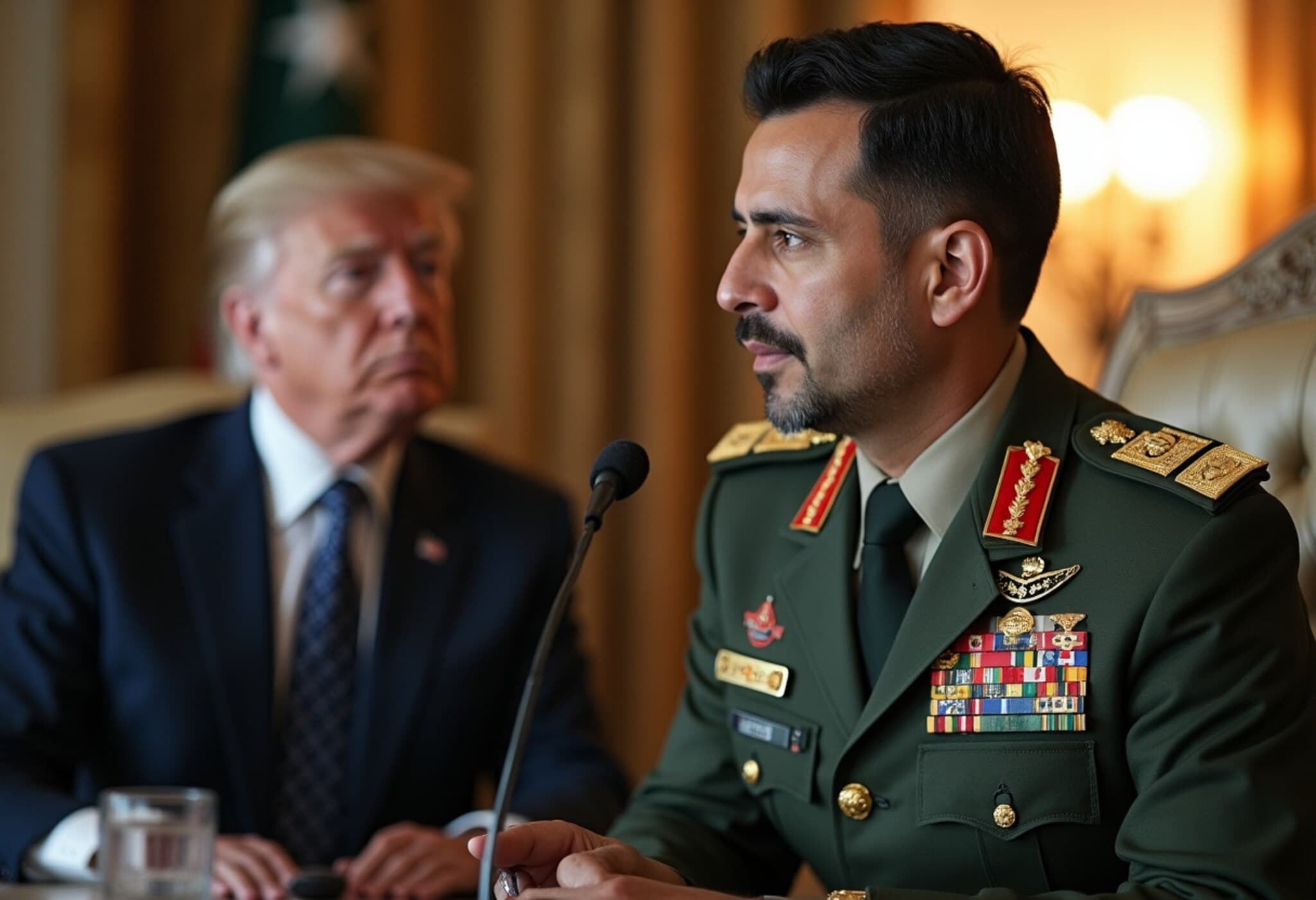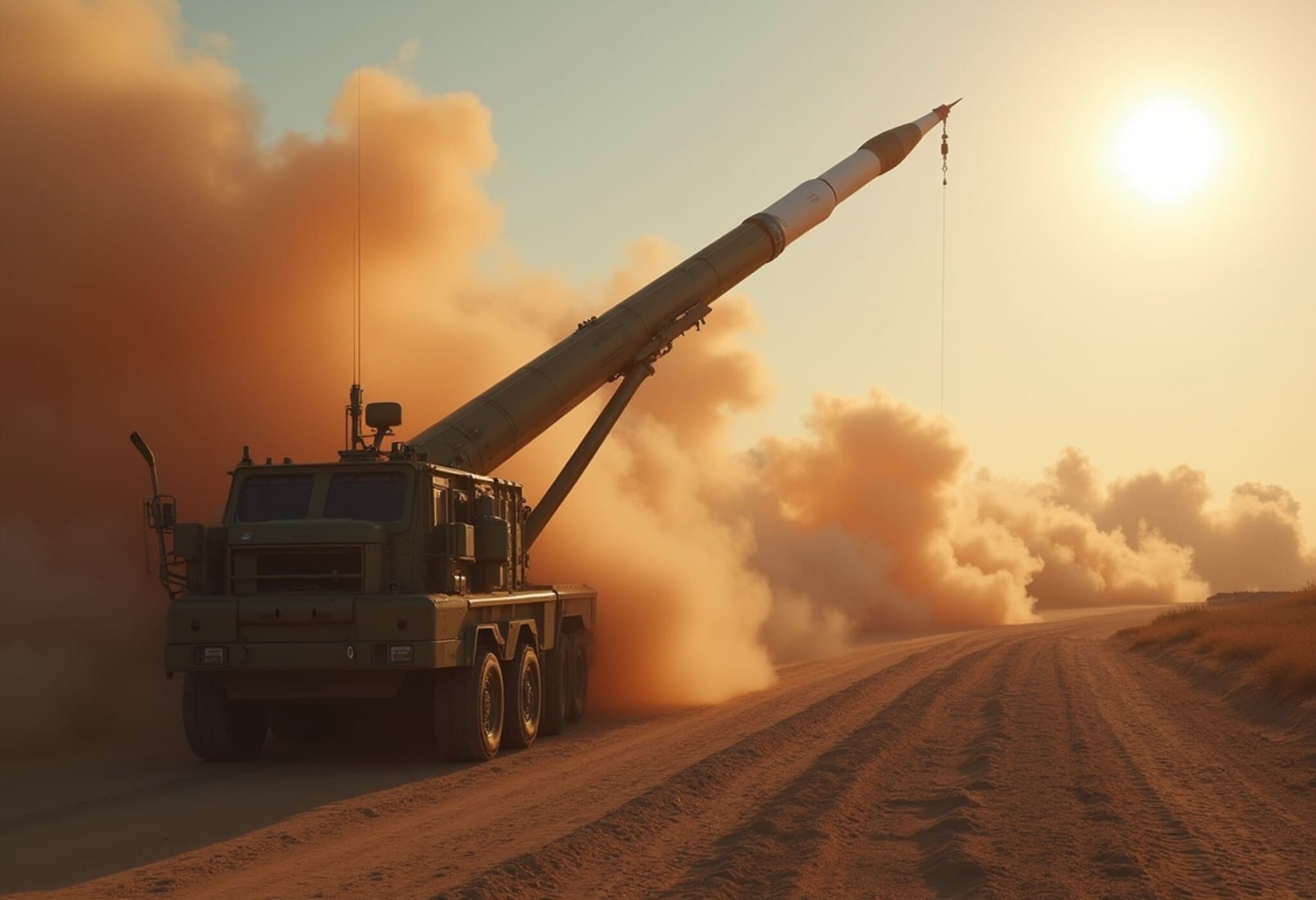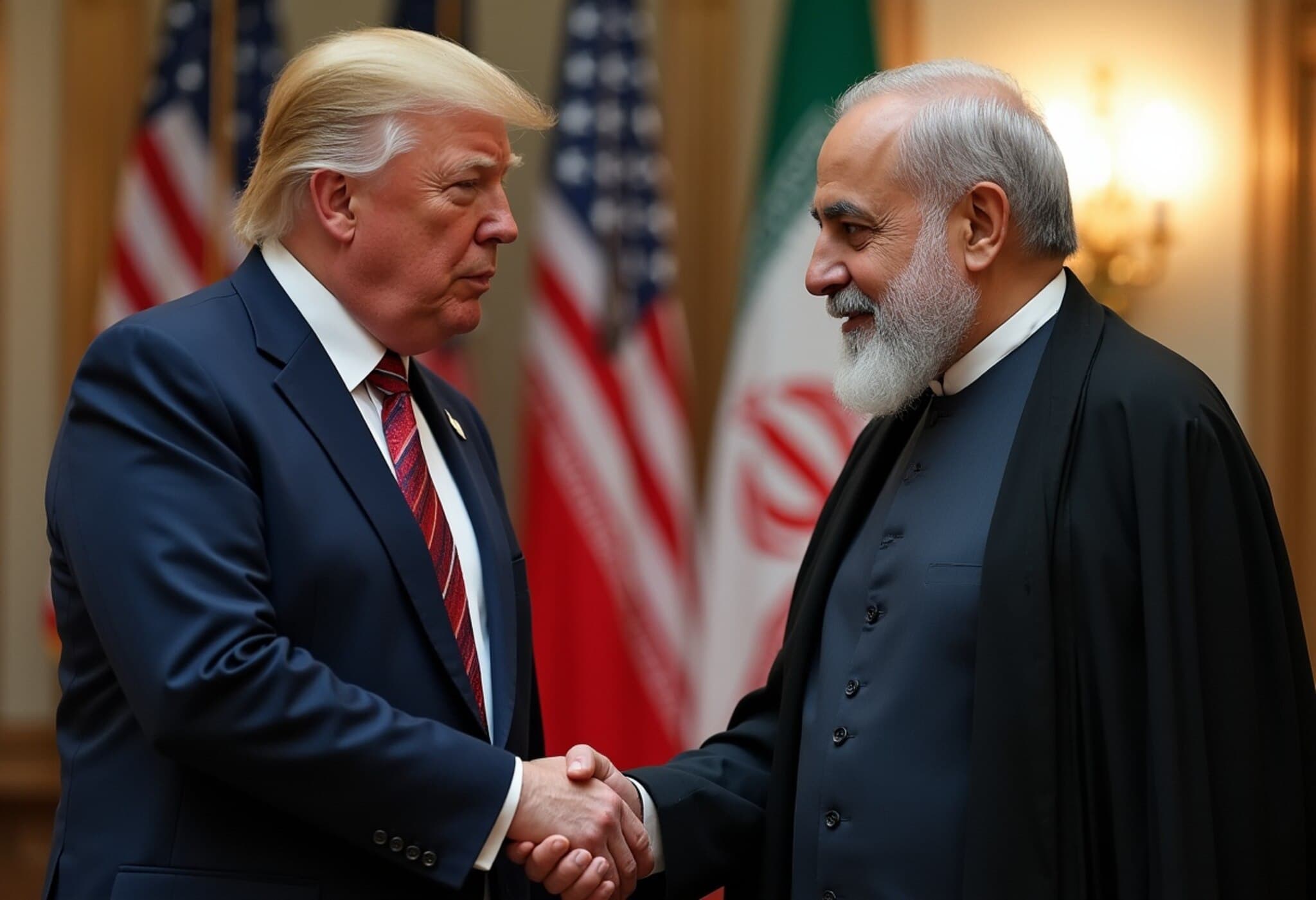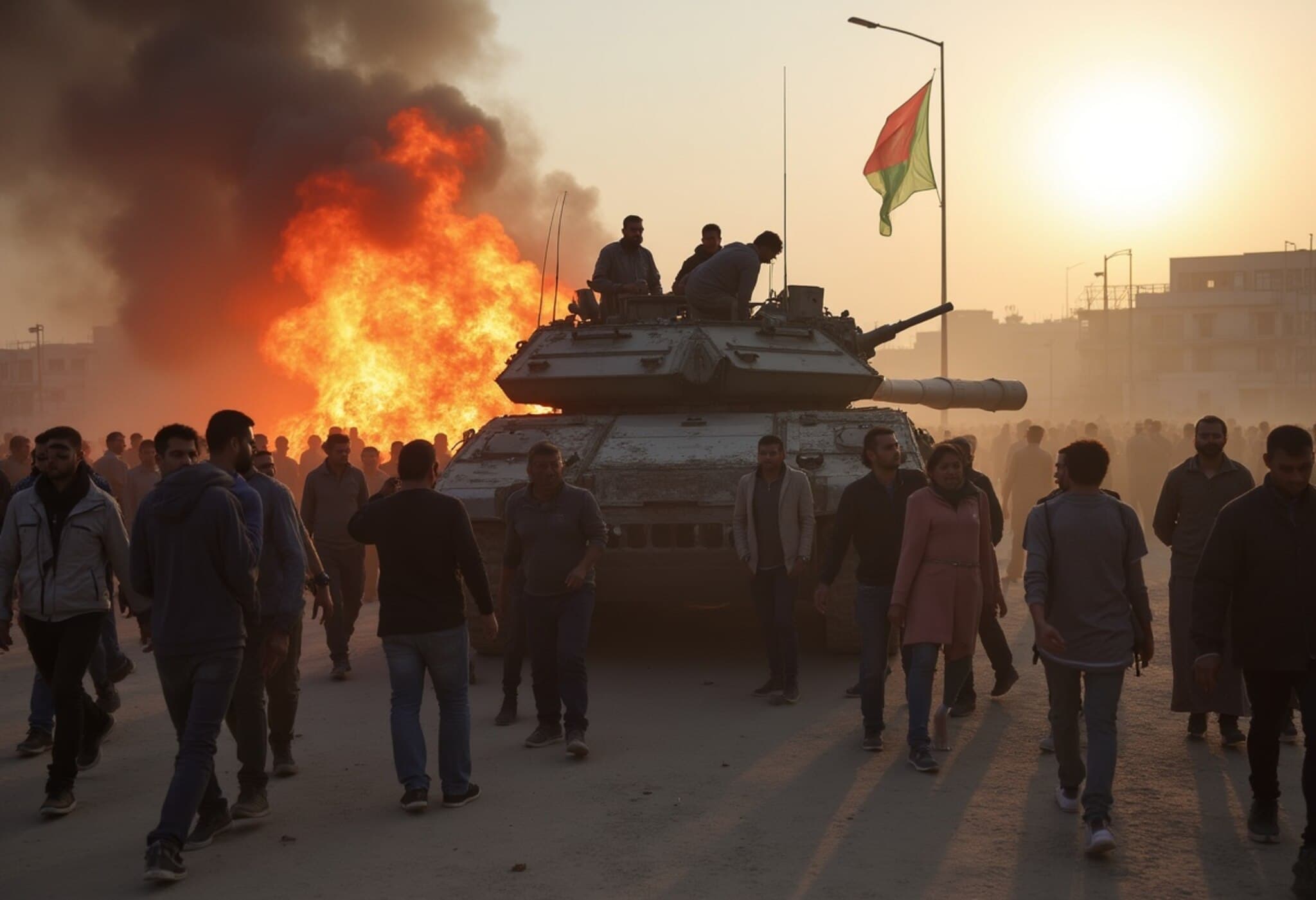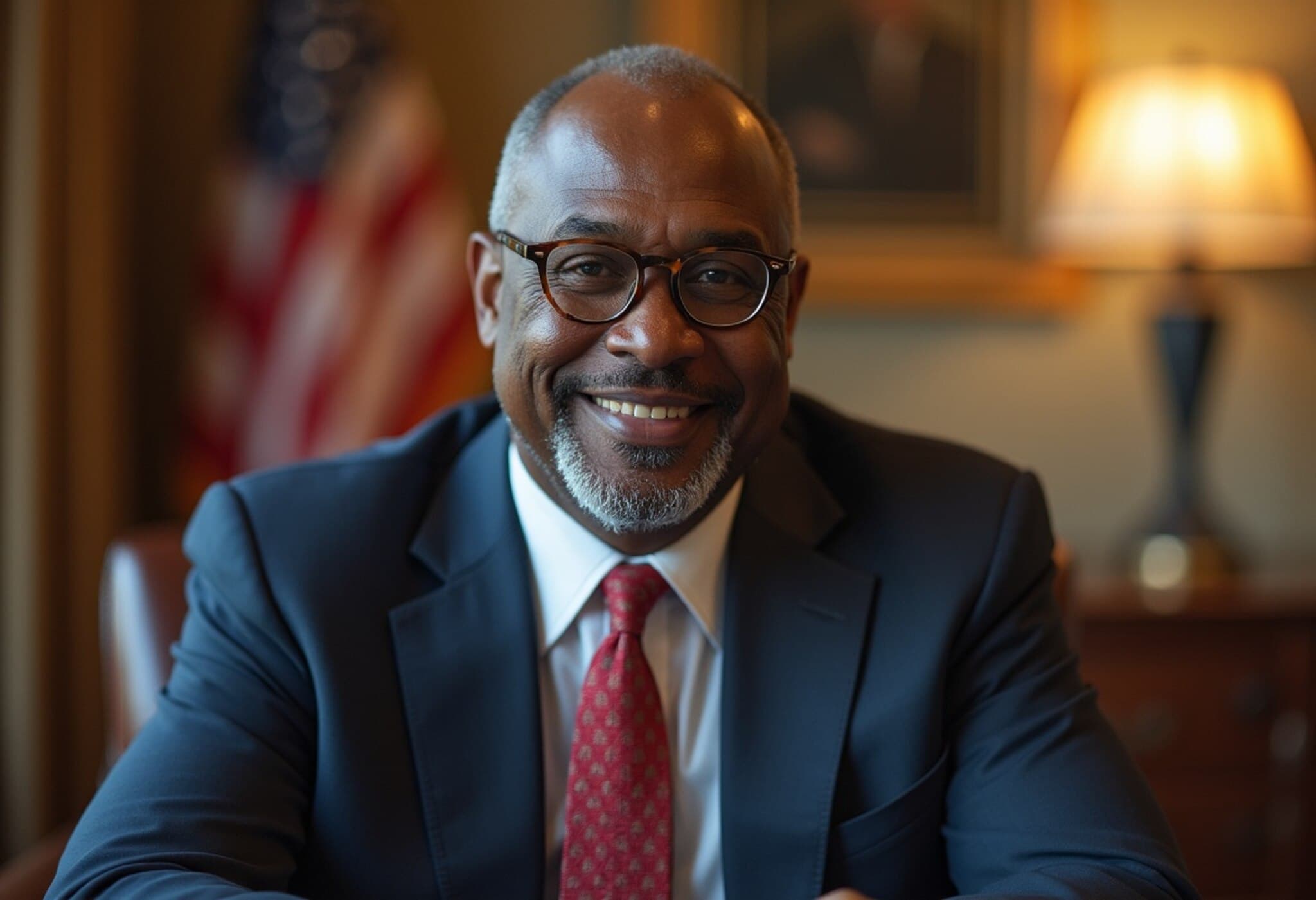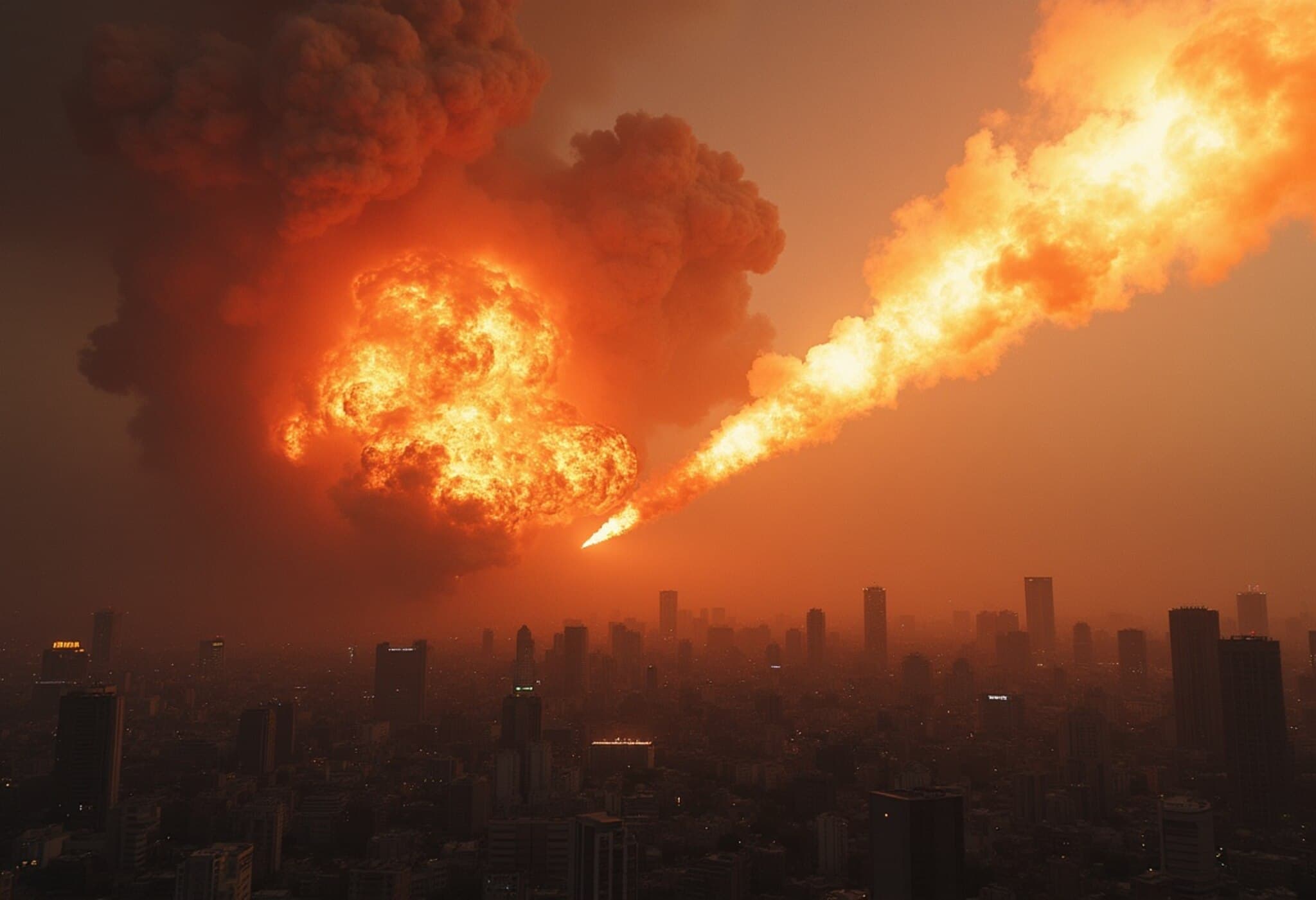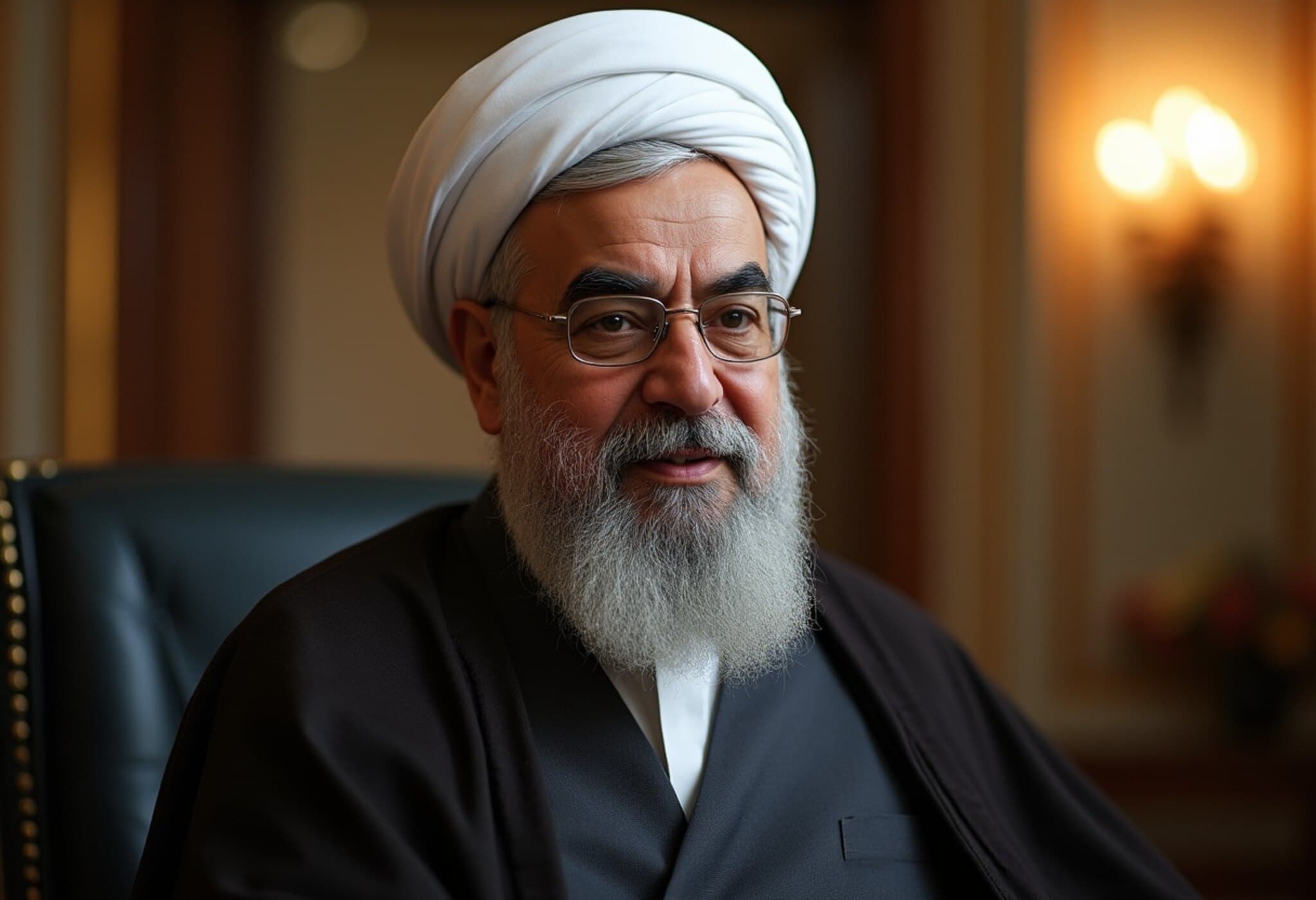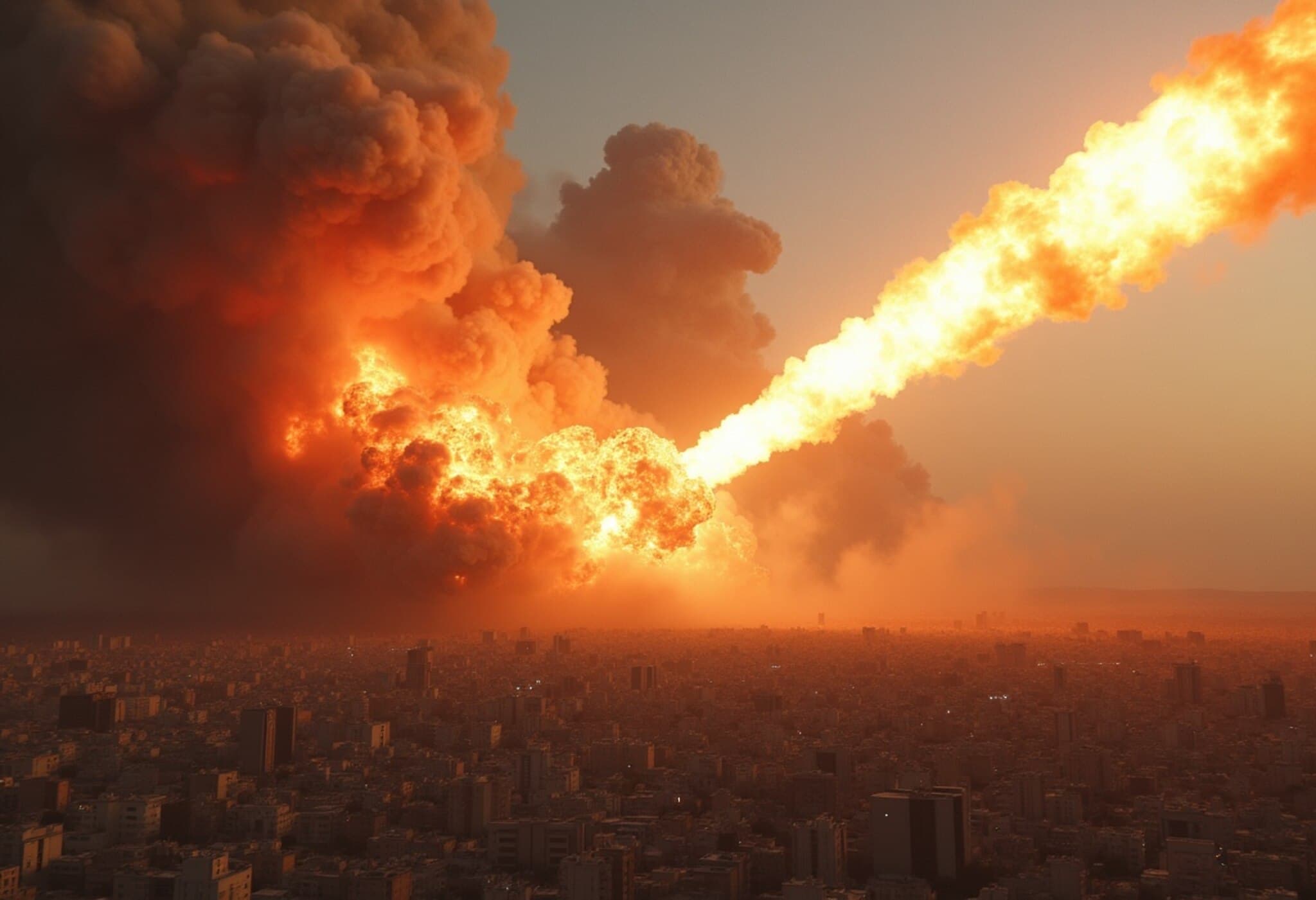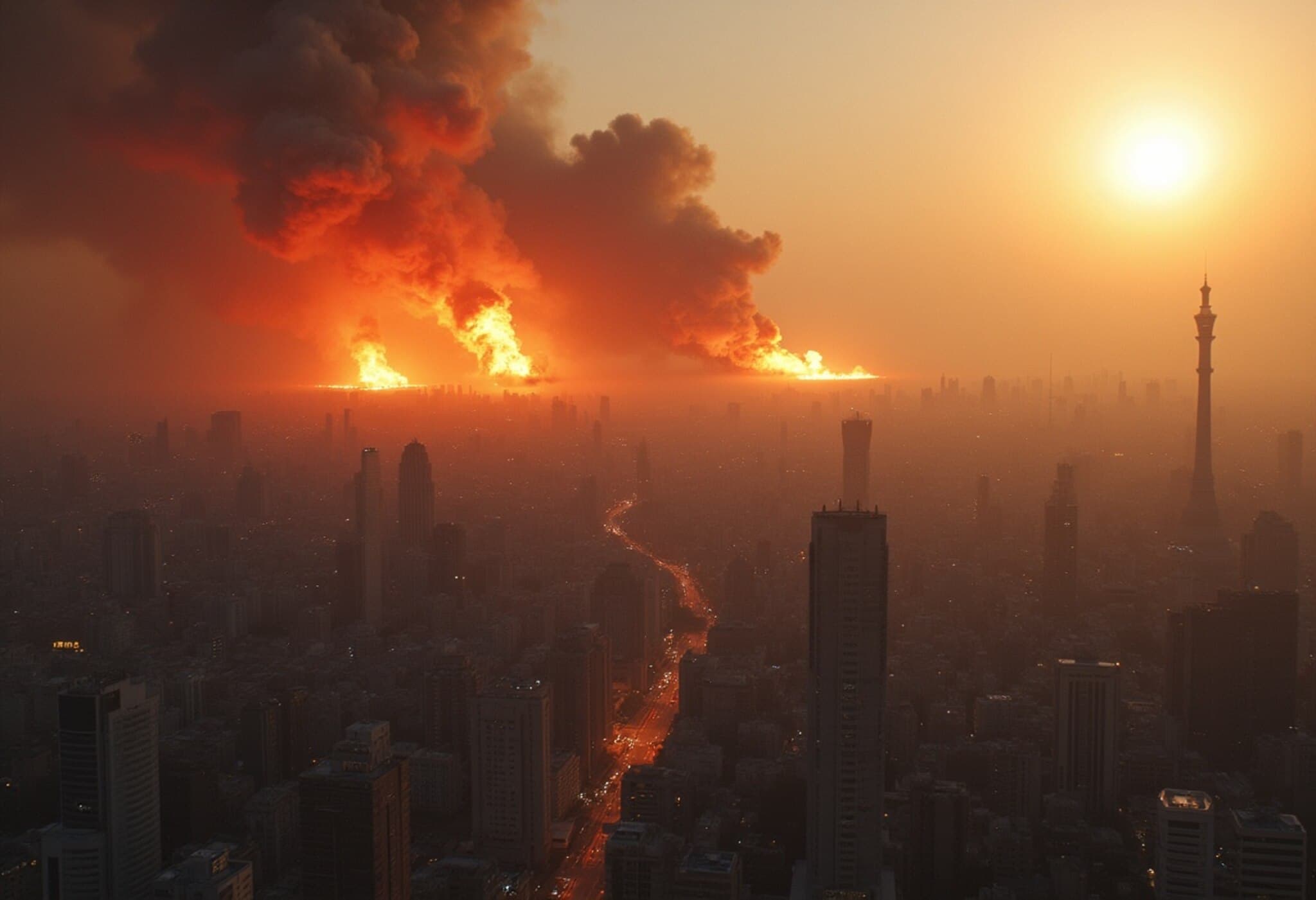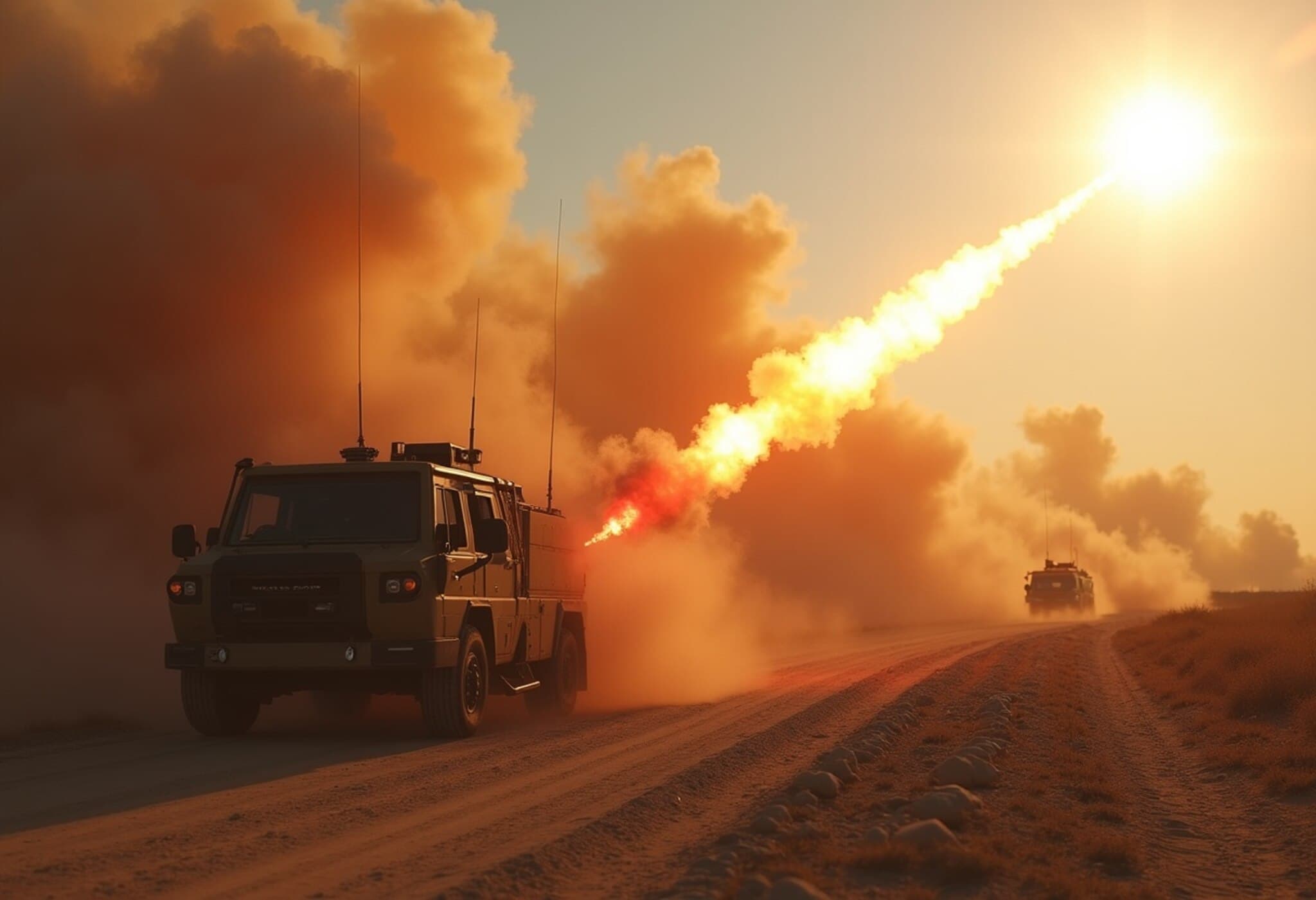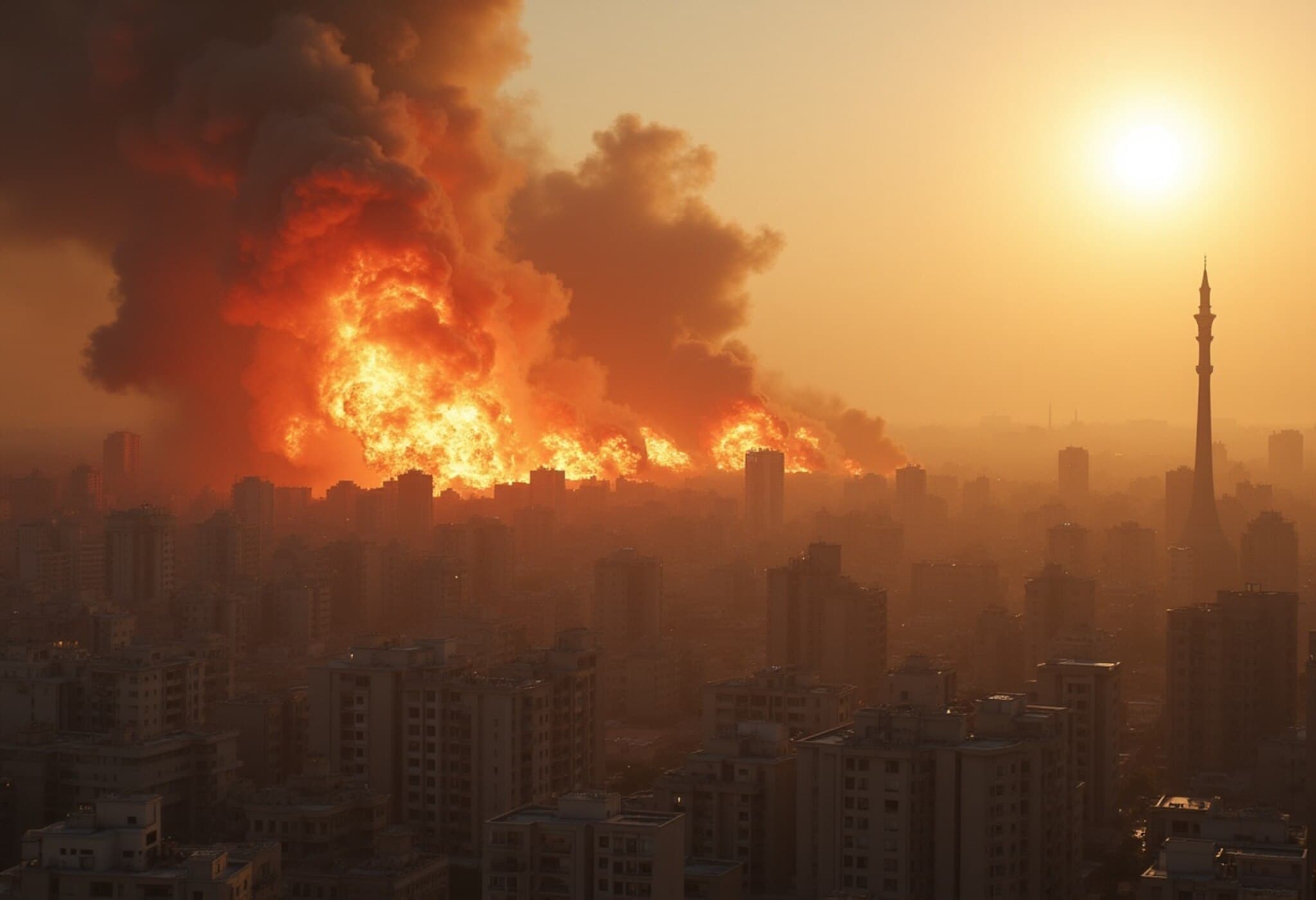Europe Steps in to Mediate Amid Rising Iran-Israel Tensions
Diplomats from the United Kingdom, France, and Germany are set to meet with Iranian representatives in Geneva, aiming to defuse escalating hostilities between Tehran and Israel that have intensified since late last week.
Against this backdrop, U.S. President Donald Trump has announced he will decide within the next two weeks whether to engage militarily in the conflict, a development that has unsettled global markets, particularly in the oil sector.
A Delicate Balance: Talks and Threats
For over a week, Iran and Israel have exchanged attacks, reigniting long-standing regional tensions that date back to Tehran-backed Hamas' deadly assault on Israel in October 2023. Since then, Israel has been aggressively targeting not just Hamas, but also Iranian-affiliated groups such as Lebanon’s Hezbollah and Yemen’s Houthi rebels — groups Iran insists operate independently.
The situation grew precarious after Washington hinted at possible military intervention on Israel’s behalf. President Trump stated through his spokesperson that he will finalize a decision on U.S. involvement within a fortnight, citing ongoing possibilities for diplomatic engagement.
European Diplomats Push for a Diplomatic Window
Following discussions between U.K. Foreign Minister David Lammy, U.S. Secretary of State Marco Rubio, and special envoy Steve Witkoff, European officials expressed cautious optimism. Lammy emphasized a "window now exists within the next two weeks to achieve a diplomatic solution" aimed at preventing further conflict escalation.
However, Iranian Foreign Minister Abbas Araghchi, expected to participate in Geneva talks, declared that Iran would not entertain negotiations with the U.S. unless Israeli military actions cease immediately, signaling the deep mistrust complicating any diplomatic progress.
Trump’s Complex Legacy on Iran
President Trump’s hardline stance on Iran’s nuclear ambitions has defined much of his foreign policy. During his first term, he withdrew the U.S. from the 2015 Joint Comprehensive Plan of Action (JCPOA), reinstating harsh sanctions that crippled Iran’s economy, especially its oil exports.
Throughout his current term, Trump has dabbled in reviving a nuclear deal but has met limited success, often stressing diplomatic solutions even as military options loom.
Echoes of Past Conflicts Shape Policy Caution
European leaders are mindful of the perils of military entanglement. French Foreign Minister Jean-Noël Barrot invoked lessons from previous conflicts in Libya, Afghanistan, and Iraq, voicing hesitation to repeat such costly interventions.
Notably, the U.K., France, and Germany — alongside Russia and China — were parties to the original JCPOA alongside the U.S. and Iran, underlining the complex international web influencing current negotiations.
Market Jitters Signal Broader Global Risks
The prospect of widening conflict in the oil-rich Middle East and increased U.S. military involvement has rattled financial markets. Investors have sought refuge in safer assets, triggering volatility and increased focus on defense-related industries.
As diplomatic efforts continue under pressure, the world watches closely, weighing the fragile prospects for peace against the daunting risks of escalation.

